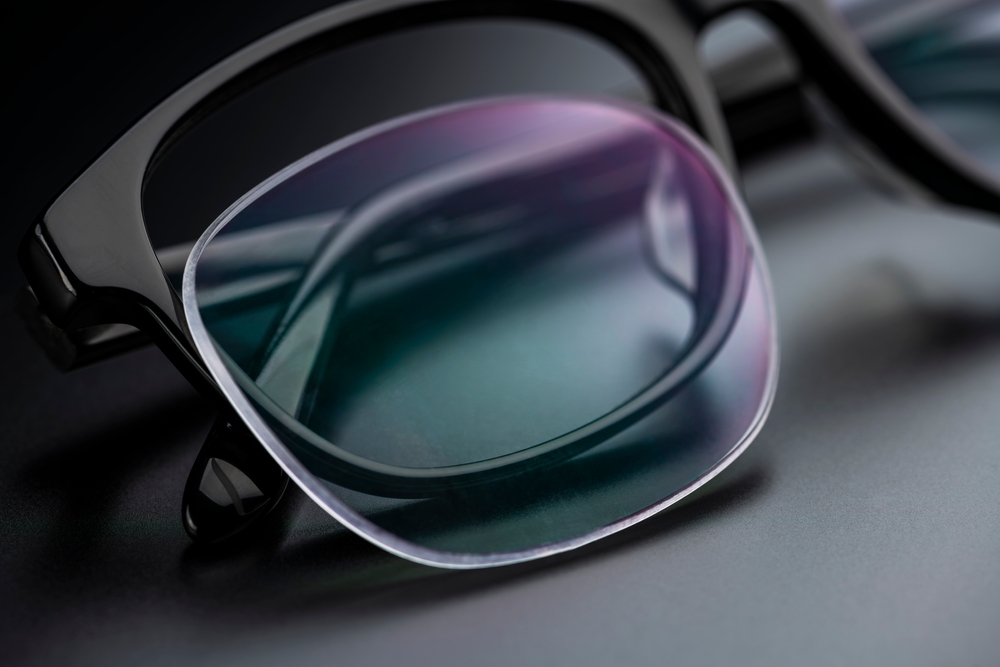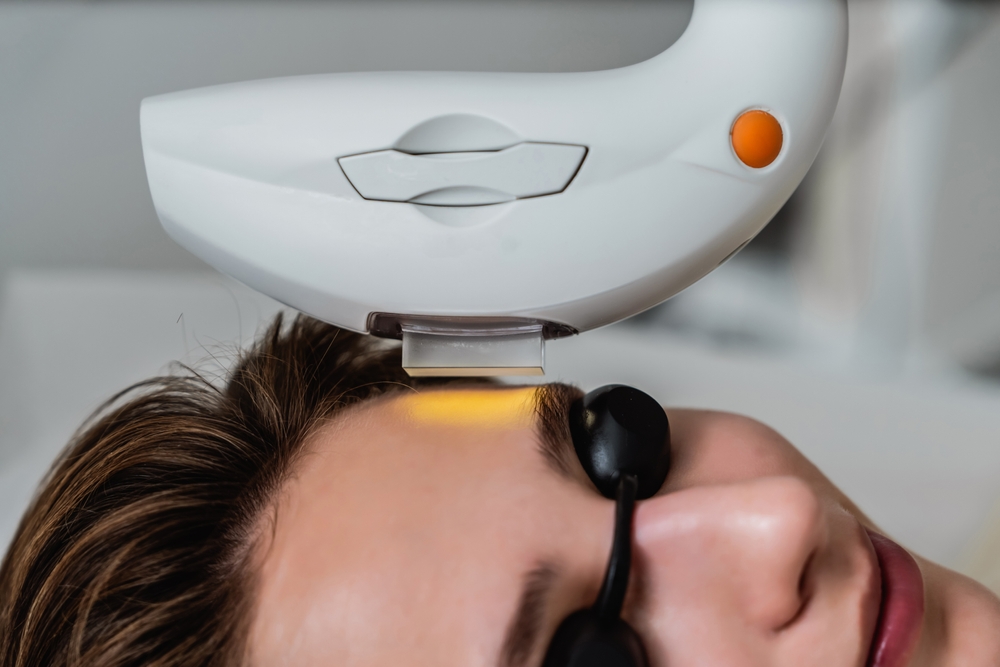Waco VisionSource Blog
Learn more about optometry care in our blog!

Childhood myopia (nearsightedness) is becoming increasingly common - and more concerning. When myopia progresses quickly during the growing years, it doesn’t just mean stronger glasses over time. Higher levels of myopia are linked to long-term eye health risks that can impact vision for life. At Waco Vision Source, we focus on proactive myopia management to help protect your child’s eyesight now and in the future.

Myopia continues to rise rapidly among children worldwide, leading to growing concerns for long-term eye health. As experts in myopia management in Waco, our team at Waco Vision Source is committed to bringing you the latest, science-backed advancements - and this year brought one of the most exciting developments yet.

As we age, it’s natural for our vision to change. Some changes are mild and expected, while others can impact your daily activities and overall eye health if left unaddressed. Understanding how your eyes evolve over time is key to maintaining clear, comfortable vision at every stage of life.

In past months, we’ve shared eye-healthy recipes. This one? Not so much—and that’s okay.

Sweet Potato Casserole and the Little Choices That Support Your Eyes and Your Wellness

If you’re struggling with chronic dry eyes, redness, or irritation that just won’t go away, Intense Pulsed Light (IPL) therapy may offer the long-term relief you’ve been searching for. This innovative treatment targets the root causes of dry eye, such as inflammation and meibomian gland dysfunction, helping restore the natural tear film and improve eye comfort. One of the most common questions patients ask is: “How many IPL sessions will I need?”

We believe lifelong vision is protected by the choices we all make every day — not just what happens in the exam room. Vision isn’t just something to correct — it’s something to protect. And the food we eat is one of our most powerful tools

When children struggle in school, many parents and teachers immediately consider challenges such as attention span, learning differences, or motivation. While these factors are important, one critical piece that often gets overlooked is vision. Clear, comfortable eyesight and healthy visual function play a major role in how well children can learn, process information, and perform academically.

Macular degeneration is one of the leading causes of vision loss among adults over 50. While it does not cause complete blindness, it can significantly affect central vision, making everyday tasks such as reading, driving, and recognizing faces more difficult. Because macular degeneration develops slowly and subtly, many people don’t realize they have it until it has already advanced. Understanding the early signs and prioritizing routine eye exams are key to preserving vision and detecting changes as soon as possible.

Living with chronic headaches or migraines can be exhausting and frustrating, especially when traditional treatments do not provide lasting relief. What many people do not realize is that their eyes and the way they work together can play a significant role in triggering these symptoms. At Waco Vision Source, we offer innovative solutions like Neurolenses that address the connection between your vision and persistent headaches, helping you find the relief you deserve.







